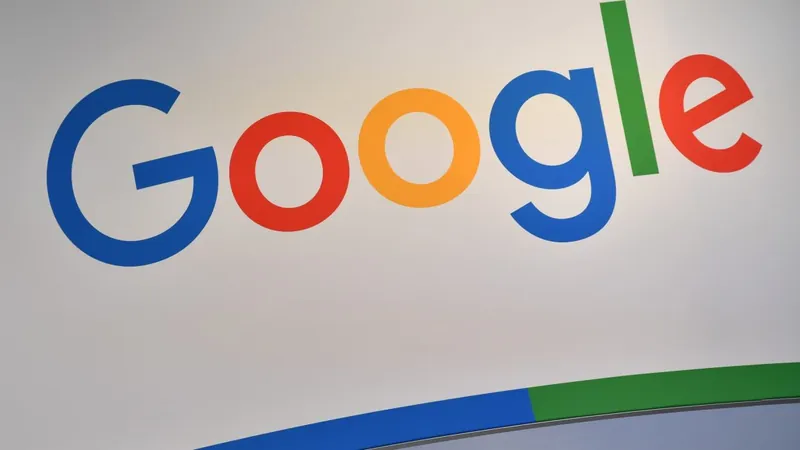
DOJ Demands Google Sell Chrome - What’s Next for Android?
2025-03-10
Author: Liam
Introduction
In a significant turn of events, the Department of Justice (DOJ) has initiated measures to dismantle Google’s enduring monopoly in the tech industry, with Chrome now at the forefront of the proposed divestitures. In a recent filing, the DOJ indicated that it will not pursue the forced sale of Google’s artificial intelligence investments but remains steadfast in its demand for the tech giant to divest its popular Chrome web browser.
DOJ’s Arguments and Proposed Actions
The DOJ contends that Google has created a marketplace stranglehold through its "illegal conduct," which undermines competition and consumer choice. The agency insists that forcing Google to sell Chrome is essential for leveling the playing field in digital markets. With approximately 3.4 billion users, Chrome represents a massive share of the browser market, and transferring ownership to a competitor is viewed as a way to bolster competition.
Leadership Changes at the DOJ
This move comes as new leadership transitions into the DOJ, following the Trump administration’s takeover. The current case is under the guidance of Omeed Assefi, who leads the Antitrust Division until Senate nominee Gail Slater is confirmed. Slater has voiced support for intensifying scrutiny against Big Tech, indicating a potential for further actions against Google once she takes charge.
Google’s Response
Google's rebuttal has been clear and vigorous, with a spokesperson declaring that the DOJ's proposals are excessive and would ultimately harm consumers and the economy. The tech company submitted a proposal mirroring its earlier suggestions, stating its openness to adjusting search placement protocols but consistently resisting the notion of divesting major assets like Chrome.
Focus on Android and AI Investments
While initial discussions hinted at the possibility of forcing Google to sell its Android operating system, that immediate threat has receded. Instead, the DOJ is proposing stringent limitations on how Google promotes its apps and services on Android devices. Under the proposed remedies, Google would be restricted from making its AI-driven search tools mandatory and from coercing partners to favor Google services over competitors.
Regulatory Landscape and Future Implications
However, despite the DOJ's shift away from requiring the sale of Android or AI investments, the regulatory landscape remains tense. Google will still be required to inform the DOJ about any new investments in AI, signaling that the government is closely watching this burgeoning field.
Conclusion
As this high-stakes case moves into its next phase, analysts are keenly observing how it may unfold over the coming weeks. With potential appeals on the horizon, Google is likely to challenge any rulings that could profoundly affect its business model. This evolving scenario showcases a pivotal moment in the ongoing debate over Big Tech's influence and the need for regulatory oversight, leaving many to wonder what the future holds for Google and the tech industry as a whole.









 Brasil (PT)
Brasil (PT)
 Canada (EN)
Canada (EN)
 Chile (ES)
Chile (ES)
 Česko (CS)
Česko (CS)
 대한민국 (KO)
대한민국 (KO)
 España (ES)
España (ES)
 France (FR)
France (FR)
 Hong Kong (EN)
Hong Kong (EN)
 Italia (IT)
Italia (IT)
 日本 (JA)
日本 (JA)
 Magyarország (HU)
Magyarország (HU)
 Norge (NO)
Norge (NO)
 Polska (PL)
Polska (PL)
 Schweiz (DE)
Schweiz (DE)
 Singapore (EN)
Singapore (EN)
 Sverige (SV)
Sverige (SV)
 Suomi (FI)
Suomi (FI)
 Türkiye (TR)
Türkiye (TR)
 الإمارات العربية المتحدة (AR)
الإمارات العربية المتحدة (AR)